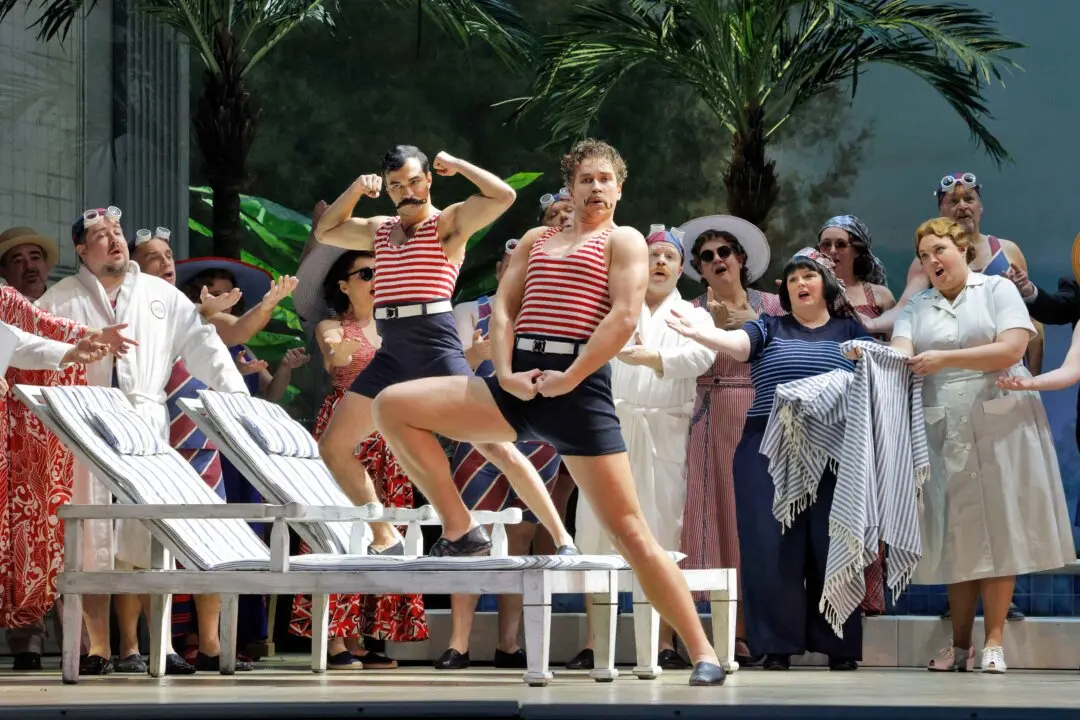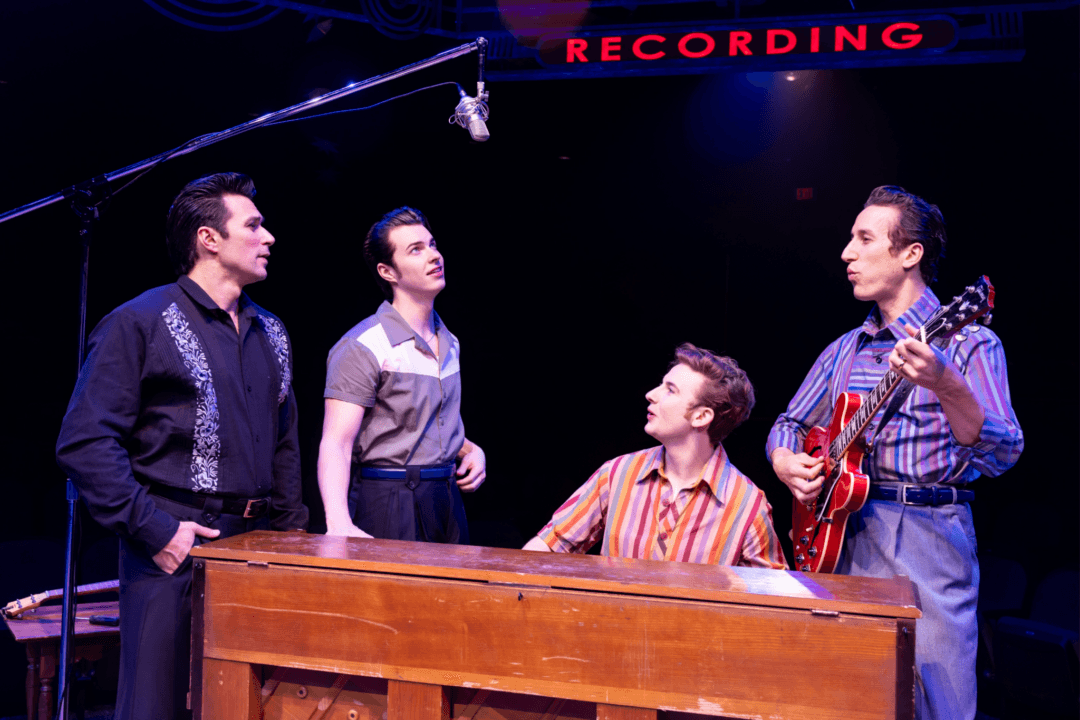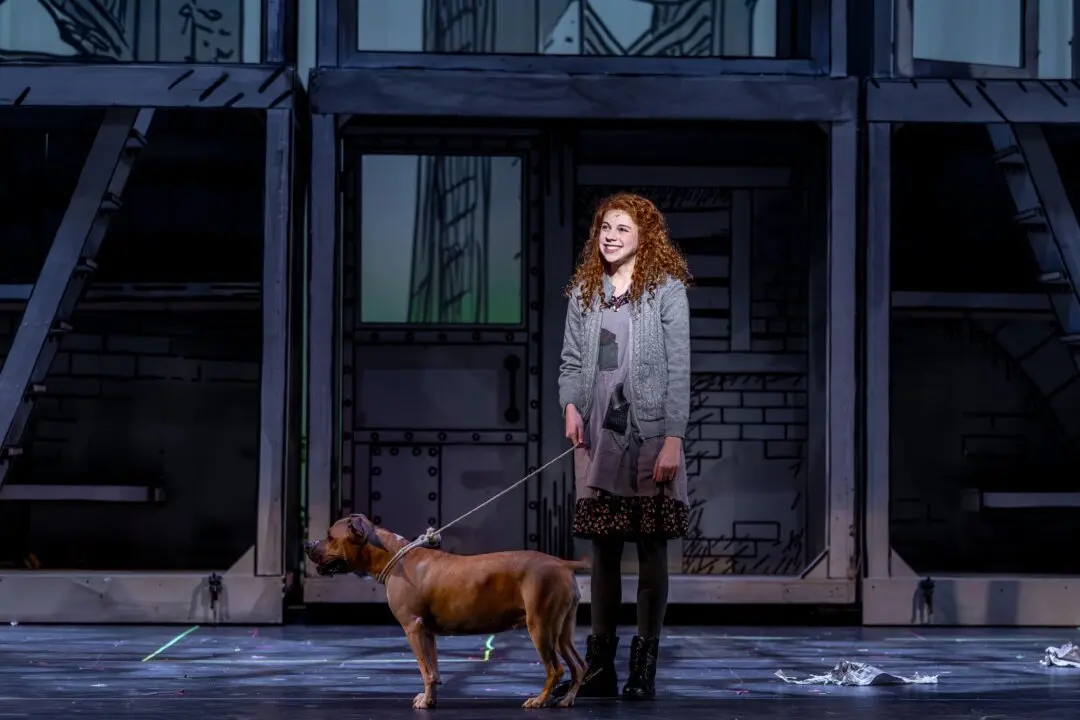CHICAGO—Enthralling, spellbinding, exceptional, extraordinary, remarkable, breathtaking! There aren’t enough adjectives to describe this incredible revival of “Fiddler on the Roof.”
Based on Sholem Aleichem’s stories about Jewish life in the Pale of Settlement of Imperial Russia around 1905, “Fiddler on the Roof” was initially not well received by investors who were discouraged by the show because they believed that it would only appeal to Jewish audiences.




